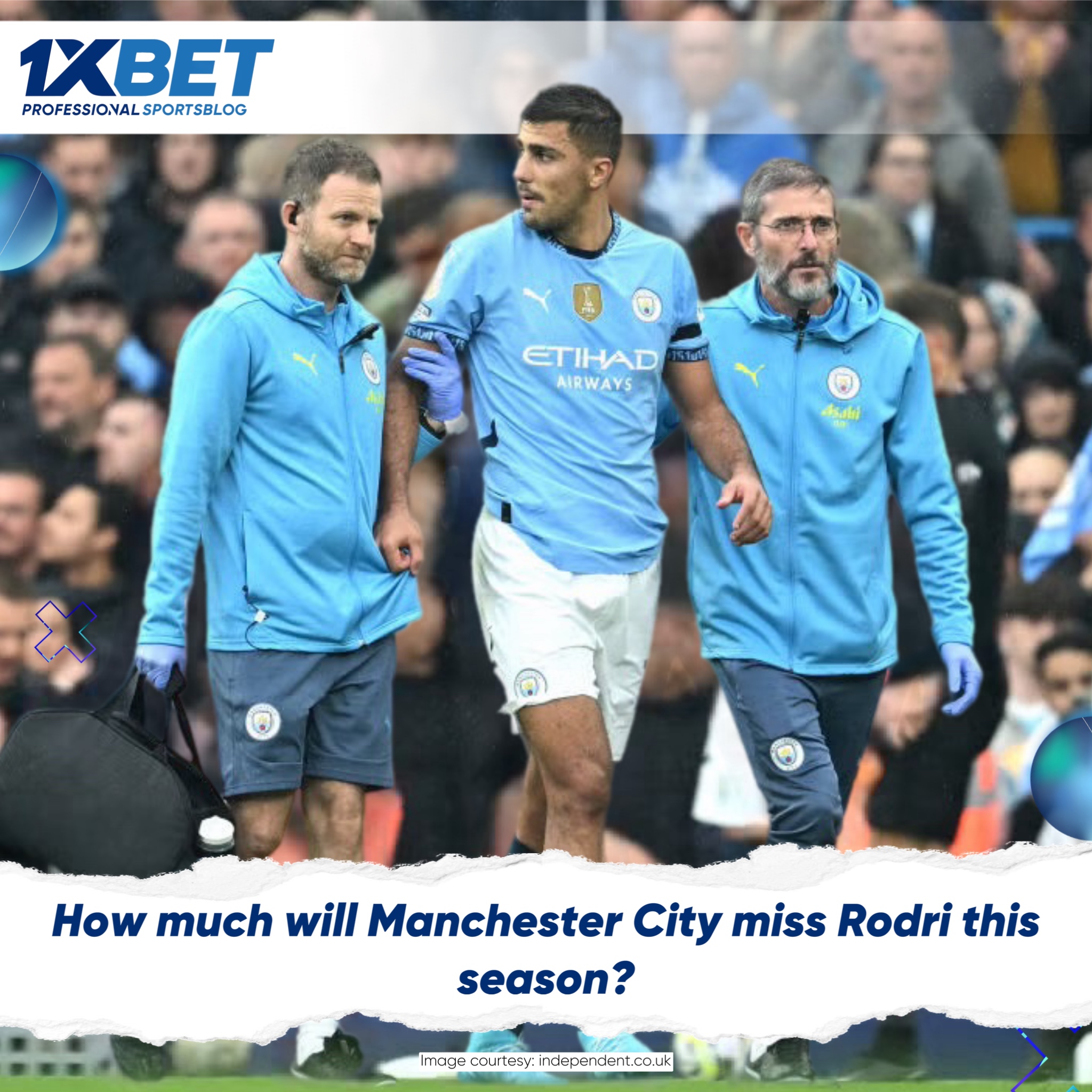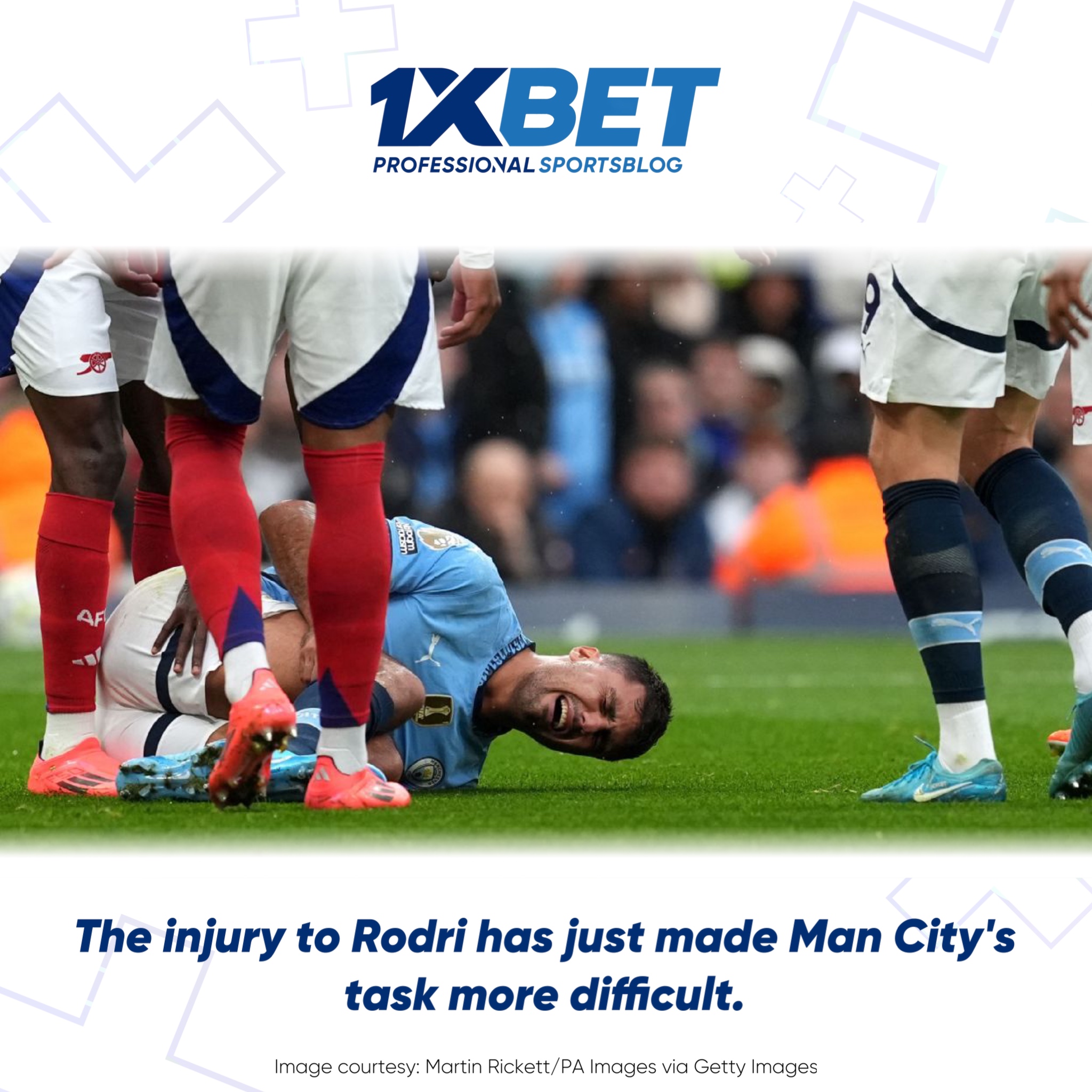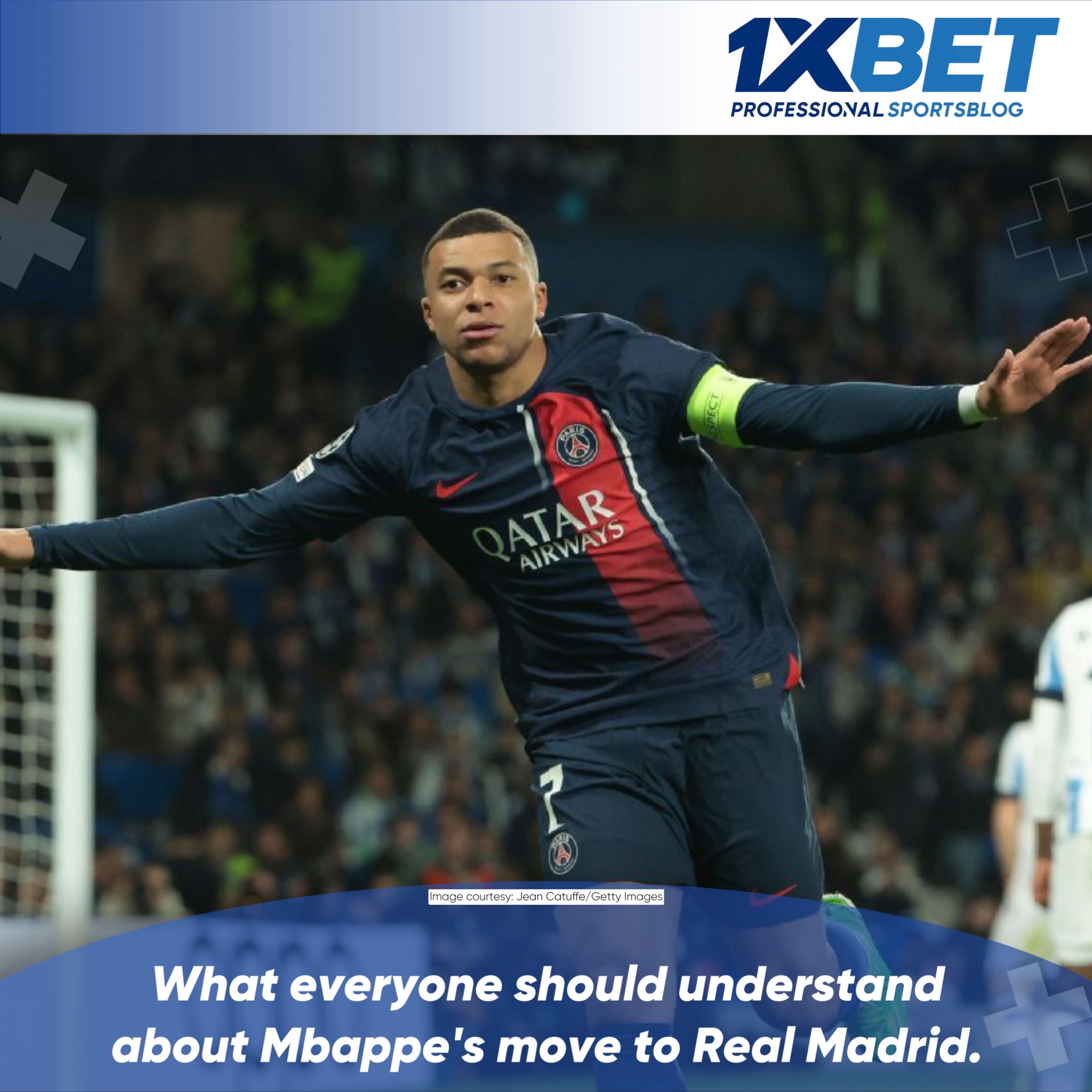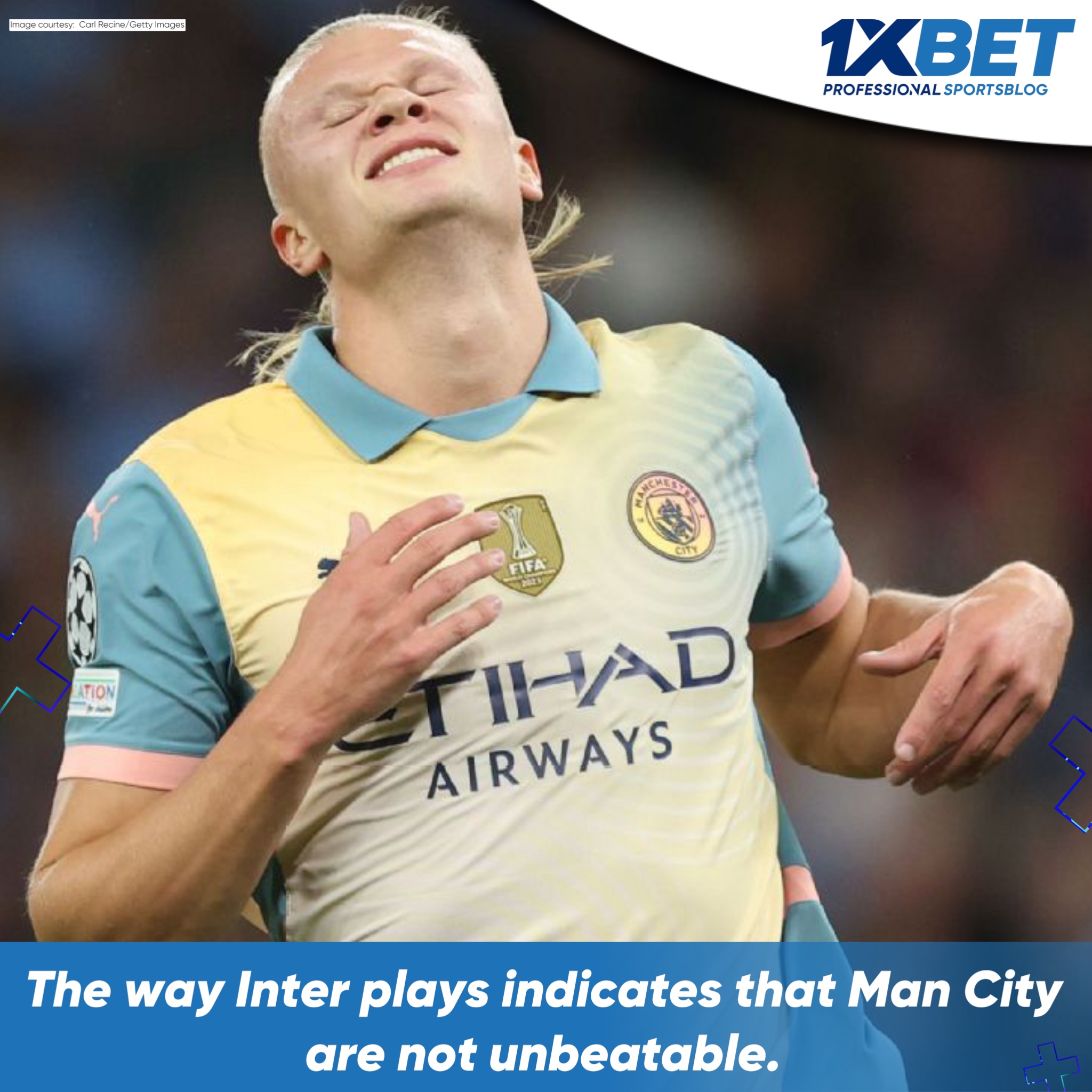The Impact of Losing a Star Midfielder: Manchester City's Challenges Ahead

There is no question that the stakes ahead are high for Manchester City as they prepare to face Slovan Bratislava, who lost their opening UEFA Champions League match to Celtic, 5-1, without their star player, Rodri. This shouldn't be a problem when they face Fulham at home or when they go away to Wolves, who have earned a mere six total points in the Premier League since the end of March.
Likewise, facing Sparta Prague at the Etihad and Southampton at the Etihad should also not pose major obstacles. Thus, even though it seems like Man City will not be able to handle the absence of arguably the best soccer player in the world following the 1-1 draw with Newcastle, it may seem like much ado about nothing come November.
City's expectations to cruise in the Champions League and earn nine points from nine in the Premier League within the next month may very well be achieved despite the loss of a star player for a short period. This becomes a common scenario for most big clubs. But with about 50 more games to play this season, the question remains - how will they cope without the best midfielder in the world?
At the heart of it is the question of a player's worth and contribution. Every player in the Premier League contributes a distinct number of points towards his team's performance every season. This number could swing either way - positive, zero, or negative. But measuring this number is hardly a simple task. The dynamic nature of soccer where one move is intertwined with a hundred others and where goals are sparse makes it difficult to attribute exact player value.
This predicament can be likened to the concept in baseball of the replacement-level player, defined by Fangraphs as the production level you could get from a player that would cost you nothing but the league minimum salary to acquire. In other words, players are judged by how much better (or worse) they are than the theoretical replacement-level roster-filler.





